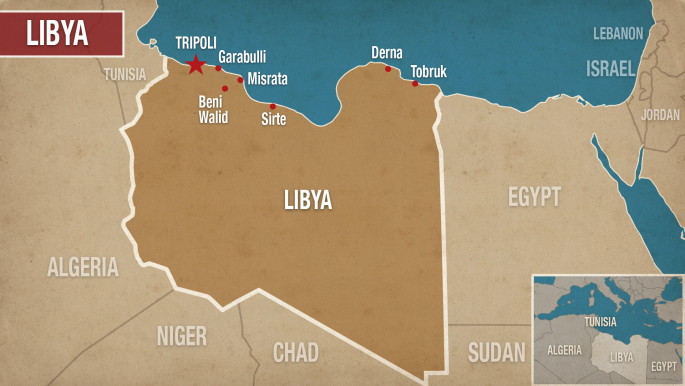Libya Quartet backs elections this year, offers observers
The European Union, African Union, Arab League and United Nations said Libyans must respect the results and avoid violence or intimidation during and after the political process, in a joint statement following a Monday meeting in Cairo.
A new electoral law would likely have to be agreed on and a referendum on a constitution held before national polls could be organised.
This goal has proved elusive under the current proliferation of militias and the self-styled Libyan National Army (LNA), led by strongman Khalifa Hafter.
 |
|
Speculation about Haftar's condition led the LNA to hold secret meetings to agree on a successor.
Despite this, LNA spokesman Ahmad al-Mismari has repeatedly stated the army commander is in good health.
Libya has been gripped by chaos since a NATO-backed uprising toppled and killed long-time dictator Muammar Gaddafi in 2011, with rival administrations and multiple militias vying for control of the oil-rich country.
Haftar supports a parliament based in the east of the country, while a UN-backed unity government in the capital Tripoli has struggled to assert its authority nationwide.
Last summer, Hafter announced the "total liberation" of Benghazi, after a three-year campaign to seize the city from jihadists who had made it a stronghold following the revolution.
He is accused by his rivals of wanting to establish a new military dictatorship in Libya.





 Follow the Middle East's top stories in English at The New Arab on Google News
Follow the Middle East's top stories in English at The New Arab on Google News
![Israeli forces ordered bombed Gaza's Jabalia, ordering residents to leave [Getty]](/sites/default/files/styles/image_330x185/public/2176418030.jpeg?h=a5f2f23a&itok=_YGZaP1z)

